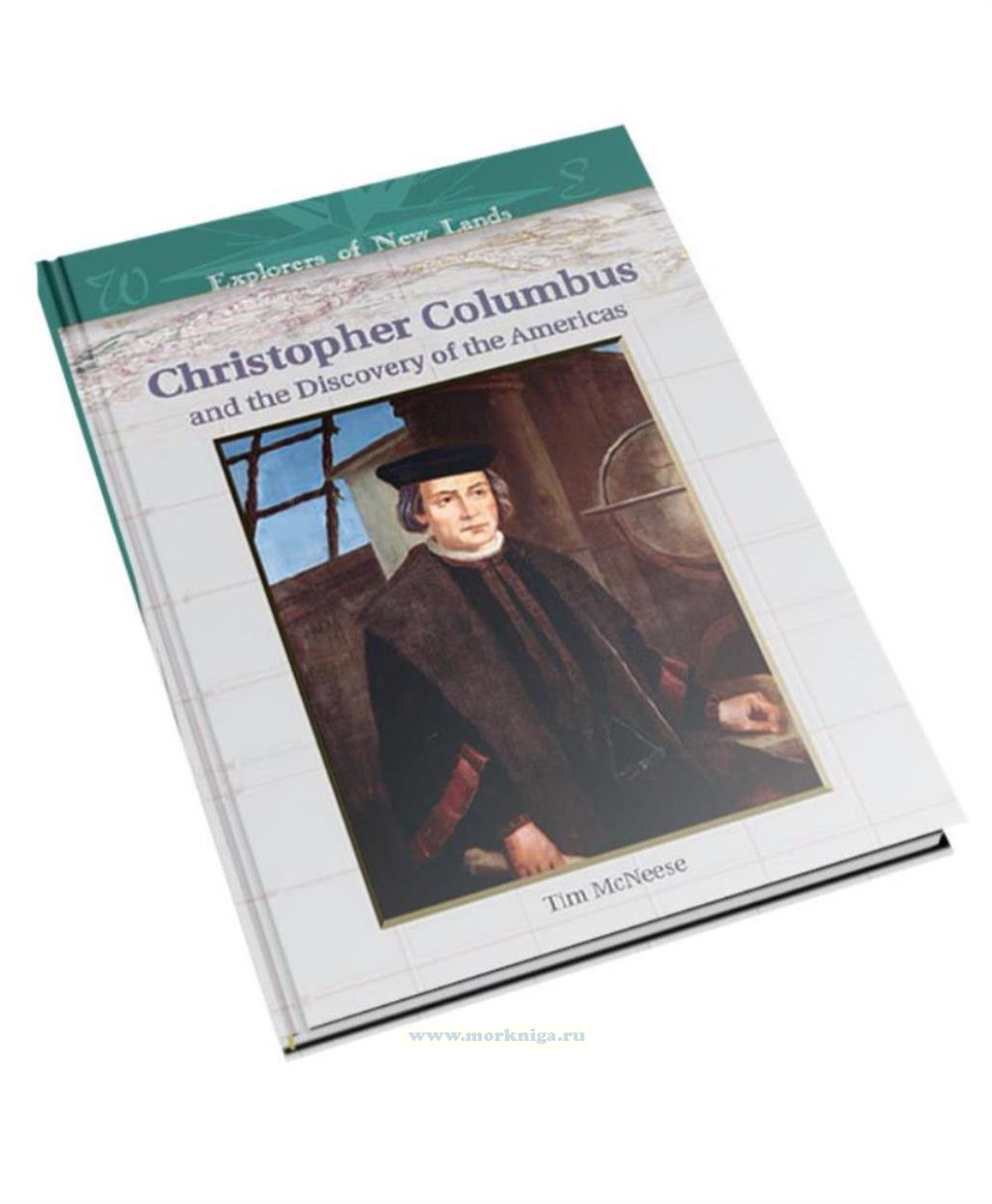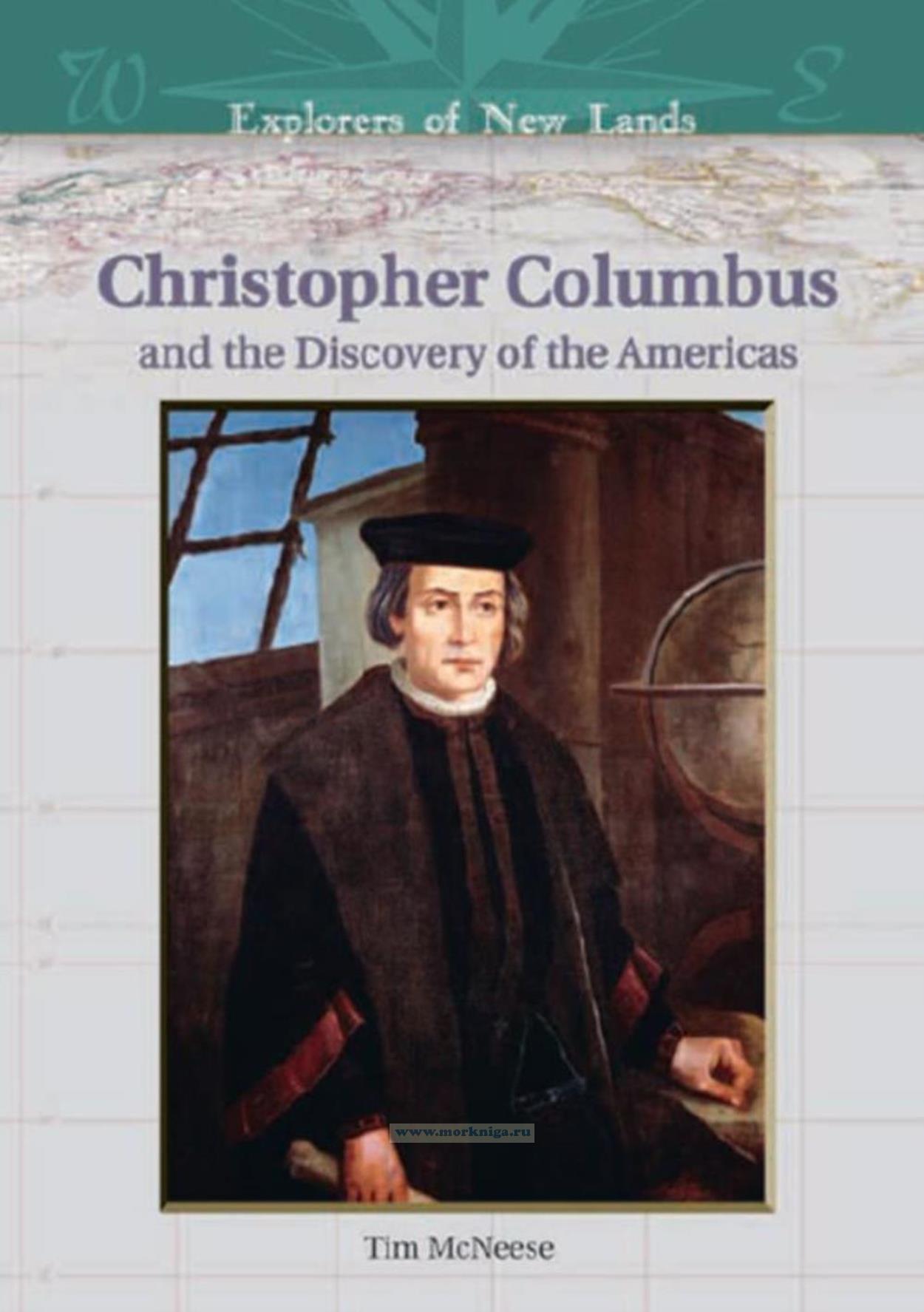Christopher Columbus and the Discovery of the Americas/Христофор Колумб и открытие Америки
Издание на английском языке
Most of these explorer-conquistadors, such as Columbus and Cortes, are often regarded as heroes who discovered new worlds and empires. They were courageous, brave and clever, but most of them were also cruel to the native peoples they met.
Of course most Americans have heard of Christopher Columbus, who in 1492 sailed west across the Atlantic for the Indies and China. Instead, on four voyages, he reached Hispaniola (now Haiti and the Dominican Republic), Cuba and Jamaica. He created a vision of a New World, populated by what he misleadingly called Indians. Conquistadors like the Italian sailing for Portugal, Amerigo Vespucci, followed Columbus and in 1502 reached South America at what is now Brazil. His landing there explains Brazil’s Portuguese language origins as well as how America got its name on Renaissance charts drawn on vellum or dried sheepskin.
While reading our series of great explorers, think about the many questions that arise in your reading, which I hope inspires you to great deeds.
Contents
Introduction by William H. Goetzmann
1 A Battle at Sea
2 Birth of a Great Seaman
3 A Life Lived by the Sea
4 Selling His Dream
5 Setting Sail at Last
6 A Voyage of Discovery
7 Exploring a New World
8 Other Voyages, Other Failures
Chronology and Timeline
Notes
Bibliography
Further Reading
Index

